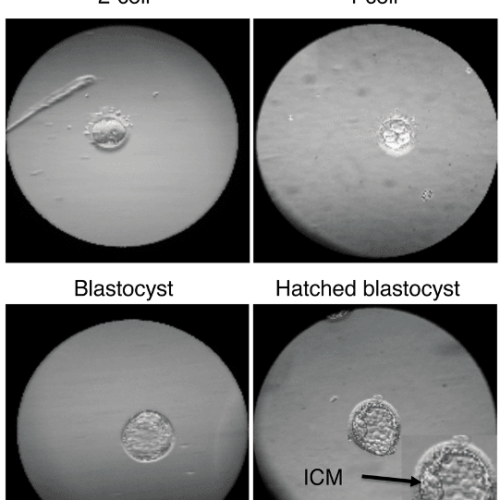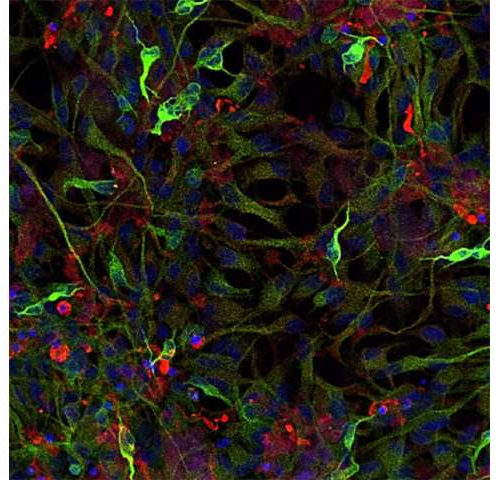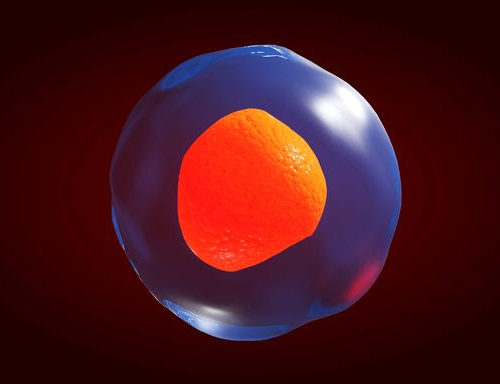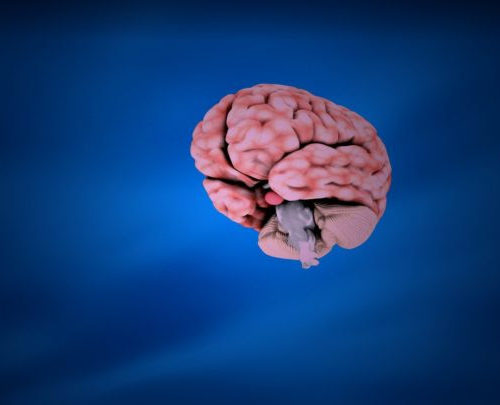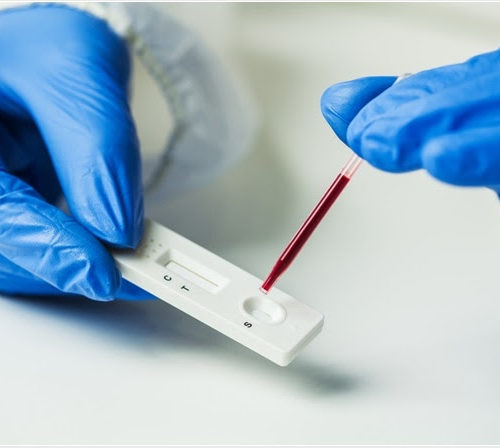Paul Knoepfler Sometimes patients or my students ask me, “What are the best stem cells?” what information are they looking for? I think they often are looking for the most powerful stem cells so perhaps they should be asking, “What are totipotent stem cells?” Other times it seems what patients specifically want to know is what...
Potential new prescription strategy for stroke discovered
by Louisiana State University Credit: Louisiana State University Research conducted at LSU Health New Orleans Neuroscience Center of Excellence reports that a combination of an LSU Health-patented drug and selected DHA derivatives is more effective in protecting brain cells and increasing recovery after stroke than a single drug. The findings are published in Brain Circulation. Nicolas Bazan, MD,...
It Sure Looks Like the RNA World Hypothesis Is Wrong
BY CAROLINE DELBERT DEC 29, 2020 COKADAGETTY IMAGES In 2020, ribonucleic acid (RNA) has been in the news because of a special kind that has enabled the first two COVID-19 vaccines. But in new research, scientists suggest RNA’s origins and role in the formation of life could have been very different than previously believed—and sharing the spotlight with deoxyribonucleic...
COVID-19 Affects the Brain by Crossing the Blood-Brain Barrier, Evidence Strongly Suggests
In a new study led by the University of Washington School of Medicine, researchers demonstrate that SARS-CoV-2 – the pathogen behind COVID-19 disease – can enter the brain of mice, just like many other viruses before it. People who develop COVID-19 often experience intense bodily inflammation called a cytokine storm, which results from the immune system’s overreaction...
Sustained cellular immune dysregulation in individuals recovering from COVID-19
UNIVERSITY OF ALABAMA AT BIRMINGHAM IMAGE: NATHANIEL ERDMANN CREDIT: UAB BIRMINGHAM, Ala. – COVID-19, which has killed 1.7 million people worldwide, does not follow a uniform path. Many infected patients remain asymptomatic or have mild symptoms. Others, especially those with comorbidities, can develop severe clinical disease with atypical pneumonia and multiple system organ failure. Since...
A pursuit of better testing to sort out the complexities of ADHD
OHIO STATE UNIVERSITY COLUMBUS, Ohio – The introduction of computer simulation to the identification of symptoms in children with attention deficit/hyperactivity disorder (ADHD) has potential to provide an additional objective tool to gauge the presence and severity of behavioral problems, Ohio State University researchers suggest in a new publication. Most mental health disorders are diagnosed and treated...
Significant disparities in telemedicine use, especially among older and POC patients
by Perelman School of Medicine at the University of Pennsylvania Credit: CC0 Public Domain After ‘COVID-19,’ the term that most people will remember best from 2020 is likely to be ‘social distancing.’ While it most commonly applied to social gatherings with family and friends, it has impacted the way many receive medical care. Historically, the United...
Suspicions grow that nanoparticles in Pfizer’s COVID-19 vaccine trigger rare allergic reactions
By Jop de Vrieze Dec. 21, 2020 , 5:10 PM Science’s COVID-19 reporting is supported by the Pulitzer Center and the Heising-Simons Foundation. Severe allergy-like reactions in at least eight people who received the COVID-19 vaccine produced by Pfizer and BioNTech over the past 2 weeks may be due to a compound in the packaging...
Ultra-Sensitive Detection of Iron Disorders Using Nanosensors
By Priyom Bose, PhDReviewed by Sophi a Coveney, B.Sc. It has been reported that 30% of the world’s population suffers from an iron imbalance. Many diseases such as anemia, hemochromatosis, Parkinson’s disease, cancer, and Alzheimer’s disease can occur due to chronic iron imbalance, i.e., either the concentration of iron in the blood is too high or too low....
New App could help monitoring the progressions of Parkinson’s disease
Parkinson’s Disease is an incurable neurodegenerative disease, one of the most common causes of dementia and disability in the later years of life. Parkinson’s disease affects millions of people in the world, but its progression is not always the same. Now scientists at UCL and Birkbeck, University of London have developed an app, which allows...

